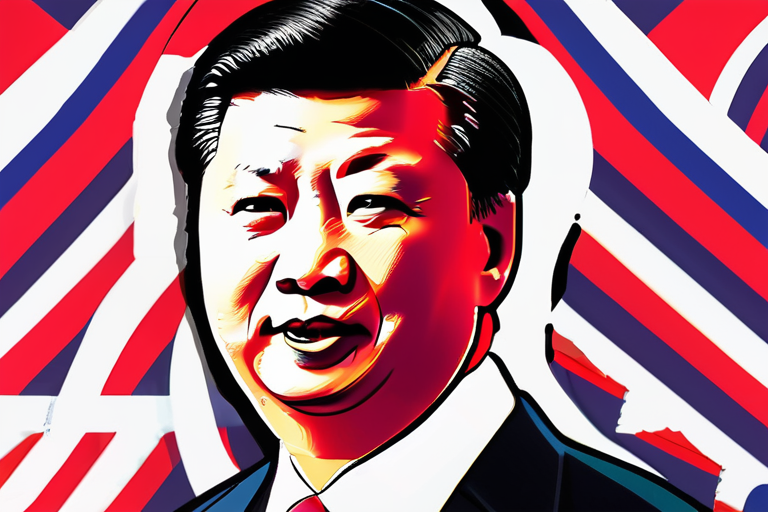World Liberty Financial's Stablecoin Delayed Attestation Reports Raise Transparency Concerns


Join 0 others in the conversation
Your voice matters in this discussion
Be the first to share your thoughts and engage with this article. Your perspective matters!
Discover articles from our community

 Hoppi
Hoppi

 Hoppi
Hoppi

 Hoppi
Hoppi

 Hoppi
Hoppi

 Hoppi
Hoppi

 Hoppi
Hoppi

(Image credit: Dolby) Dolby Vision 2 will include a new image engine, and adaptive 'Content Intelligence'Dolby Vision 2 Max has …

Hoppi

The Paradox of Trump's Deportation Push: A War on Immigrants with Unintended Consequences As I stood outside the U.S. Immigration …

Hoppi

The H-1B Fee Hike: A Blow to America's Tech Community In a move that has sent shockwaves through the tech …

Hoppi

US President Donald Trump Announces Approval of TikTok Deal, Plans Meeting with Xi Jinping in South Korea In a significant …

Hoppi

Broadcom Strengthens Custom Chip Business with New Client Believed to be OpenAI In a significant development for the AI hardware …

Hoppi

China Didn't Want You to See This Video of Xi and Putin. So Reuters Deleted It In a shocking move, …

Hoppi